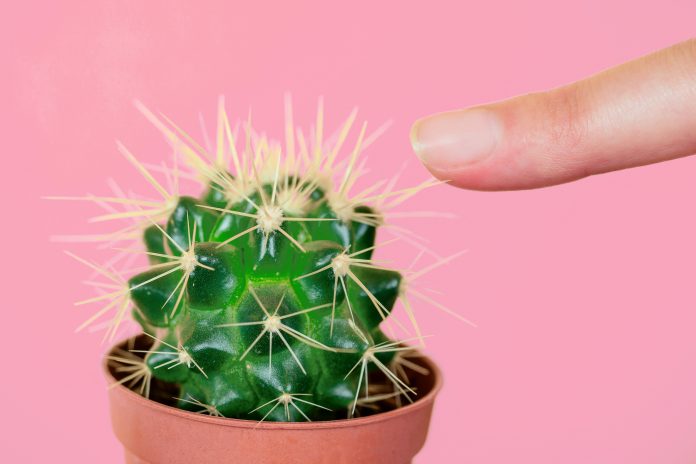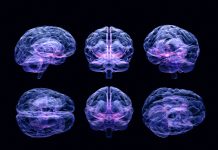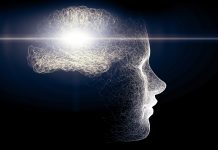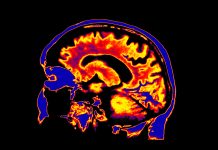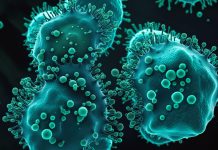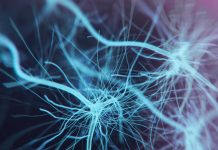The study found that expectations of how painful something will be, actually changes how the pain feels
When it comes to pain, people have various levels of tolerance. Some people describe themselves as very pain tolerant, while others admit to being unable to deal with much intense pain.
There appears to be no way to objectively understand pain – as it changes in intensity depending on who is experiencing it. Now, new research suggests that expectations can literally shape how you feel pain.
In a sort of placebo effect, an expectation of pain or the absence of pain travels from the cortex to a group of cells in the brainstem. This group of cells then modulate pain signals in the spinal cord, creating the feeling of pain.
Crawford et al. measured brainstem activity with high resolution fMRI in participants as they rated the pain of a hot stimulus applied to their arm. The team conditioned participants to think three types of cream had been applied to their arm: a pain-relieving cream with lidocaine, a heat-intensifying cream with capsaicin, and Vaseline.
So, which one of these created the most pain?
The answer should have been, none of them. Because they were all actually Vaseline – which is completely harmless, often soothing. This means that any perceived differences in pain came from the placebo or nocebo effect, aka an imagined increase in pain.
Placebo and nocebo effects influenced activity in the same brainstem circuit but in opposite ways.
The strength of the placebo effect was linked to increased activity in an area called the rostral ventromedial medulla and decreased activity in a nucleus called the periaqueductal gray. The nocebo effect induced the opposite change.
These results reveal the role of the brainstem in pain modulation and may offer a route for future treatments of chronic pain.
“Chronic pain is experienced on many levels beyond just the physical, and this research demonstrates the biological basis of affective pain. It is a powerful reminder that psychological phenomena such as affective pain are the result of biological processes,” said Dr Nora D Volkow, not involved in this study.
Editor's Recommended Articles
-
Must Read >> Scientists reveal how the brain creates motivation


